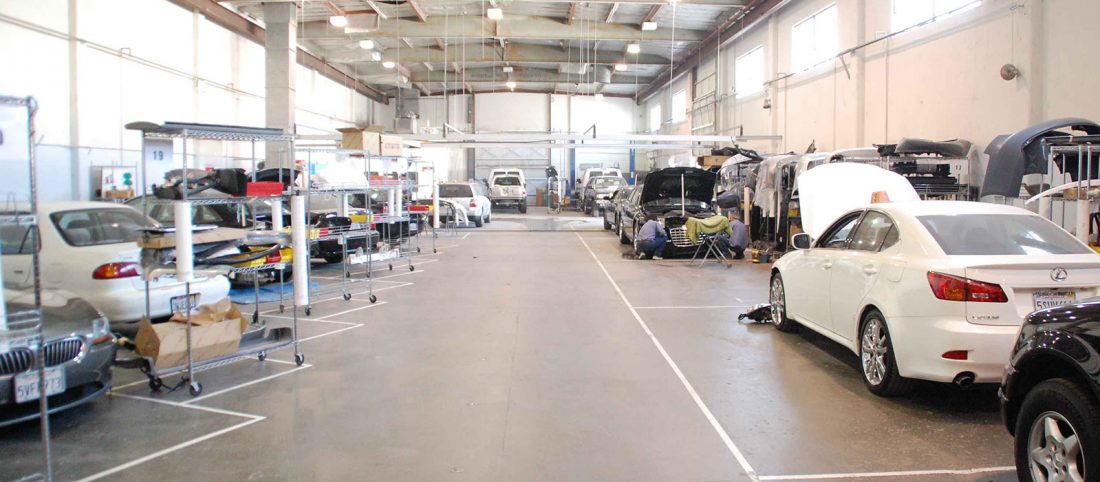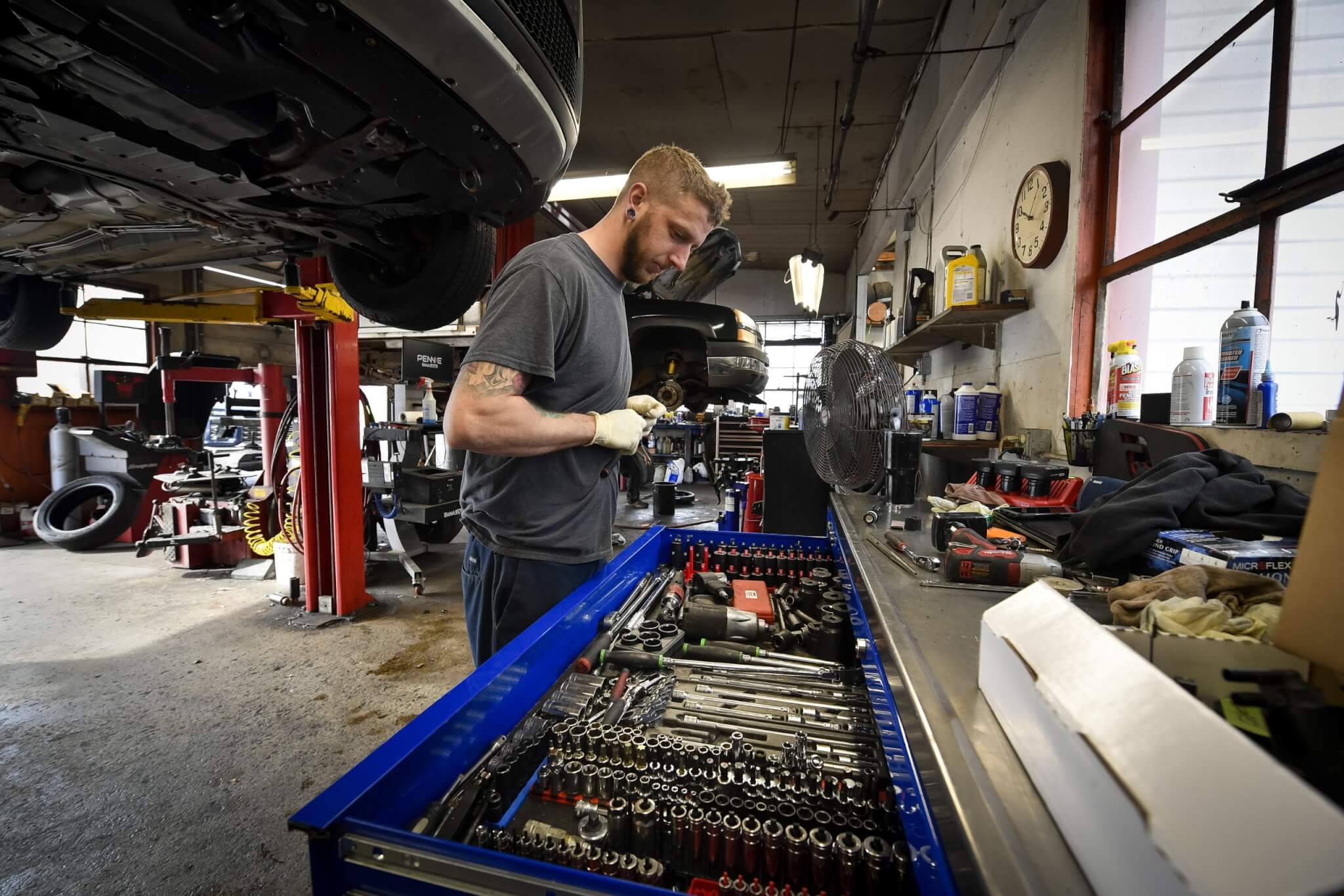All Categories
Featured
A well-kept engine is the essential to your auto's durability and peak performance. Regular engine tune-ups not only improve gas effectiveness however also minimize the probability of unforeseen failures. Whether you're a vehicle fanatic or a person that simply wishes to avoid pricey fixings, these engine tune-up suggestions will certainly keep your car running like a dream.

- Change the Spark Plugs. The stimulate plugs stir up the air-fuel blend in your engine, and their effectiveness straight impacts engine performance. With time, ignition system can wear, bring about misfires, reduced gas economic climate, and slow acceleration.
During a tune-up, evaluate and change spark plugs if they reveal indications of wear, such as soot build-up, deterioration, or cracks. Depending on your vehicle, spark plugs might need to be changed every 30,000 to 100,000 miles.
- Evaluate the Ignition System. Your auto's ignition system, which consists of the ignition coils, representative, and wires (if suitable), is responsible for supplying the spark that powers your engine. Malfunctioning ignition components can create starting problems and harsh engine procedure.
Inspect for harmed or used parts and change them during your tune-up. Guaranteeing a healthy and balanced ignition system will boost engine dependability and efficiency.
- Clean or Replace the Air Filter. A tidy air filter allows your engine to "take a breath" properly by making certain a stable flow of clean air. Over time, dirt and particles can clog the filter, decreasing airflow and affecting gas performance.
Examine the air filter throughout a tune-up and change it if it's dirty. For motorists in dirty or polluted locations, air filters may require to be altered extra regularly.
- Evaluate and Clean the Gas System. The fuel system, consisting of the fuel injectors, gas pump, and gas lines, can collect deposits with time, minimizing fuel delivery and engine efficiency. Use a gas injector cleaner or have your system professionally cleaned up throughout a tune-up to recover appropriate capability.
Routinely keeping your fuel system makes sure much better combustion and optimizes your engine's effectiveness.

- Modification the Engine Oil and Oil Filter. Engine oil is important for lubrication, air conditioning, and minimizing rubbing in between moving parts. Gradually, oil degrades and builds up debris, shedding its effectiveness.
During a tune-up, change the engine oil and oil filter. Following the maker's recommendations for oil type and adjustment intervals is essential to maintaining your engine in optimum condition.
- Examine the Belts and Hoses. The belts and tubes in your engine compartment play essential roles in powering elements like the alternator, water pump, and cooling system. Damage with time can result in fractures, fraying, or leakages.
Check the condition of belts and pipes during your tune-up and replace any type of that show indicators of damages. Proactively addressing these problems can prevent costly fixings and unforeseen break downs.
- Test the Battery and Electrical System. A weak or failing battery can leave you stranded. Throughout your tune-up, test the battery's voltage, examine the terminals for corrosion, and guarantee the connections are tight.
Furthermore, have the alternator and starter inspected to ensure they're operating effectively. Attending to electrical system concerns early can save you from bothersome surprises.
- Inspect the Cooling System. The air conditioning system stops your engine from overheating, which can cause extreme damages. During a tune-up, evaluate the radiator, hose pipes, and water pump for leaks or use.
Flush and change the coolant if it's unclean or has exceeded its advisable solution life. Appropriate cooling system maintenance helps your engine run within its ideal temperature level array.
- Address Dashboard Warning Lighting. Modern lorries are outfitted with innovative diagnostic systems that illuminate cautioning lights when issues develop. If your control panel shows any type of cautioning lights, such as the check engine light, resolve them throughout the tune-up.
A specialist auto mechanic can utilize diagnostic devices to identify and take care of the problem, stopping little issues from intensifying.
- Maintain Your Engine Clean. A tidy engine runs cooler and is simpler to check for possible issues. Eliminate dirt, oil, and crud from your engine bay during a tune-up. Use a degreaser and a gentle brush for cleansing, and prevent splashing water straight on electric elements.
Conclusion: Tune-Ups Are the Key to Engine Longevity. Normal engine tune-ups are an investment in your car's health, performance, and effectiveness. Whether you're taking on the tune-up on your own or taking your vehicle to a relied on auto mechanic, complying with these ideas will maintain your engine running at its best and aid you stay clear of unanticipated repairs.
Latest Posts
Recognizing Roof Warranties: What Homeowners Must Know
Explore Cut Costs on Car Maintenance with Montclare Auto Repair’s Exclusive Deals
Selecting the Right Roofing System Shade: Influence On Power Efficiency
More
Latest Posts
Recognizing Roof Warranties: What Homeowners Must Know
Explore Cut Costs on Car Maintenance with Montclare Auto Repair’s Exclusive Deals
Selecting the Right Roofing System Shade: Influence On Power Efficiency
